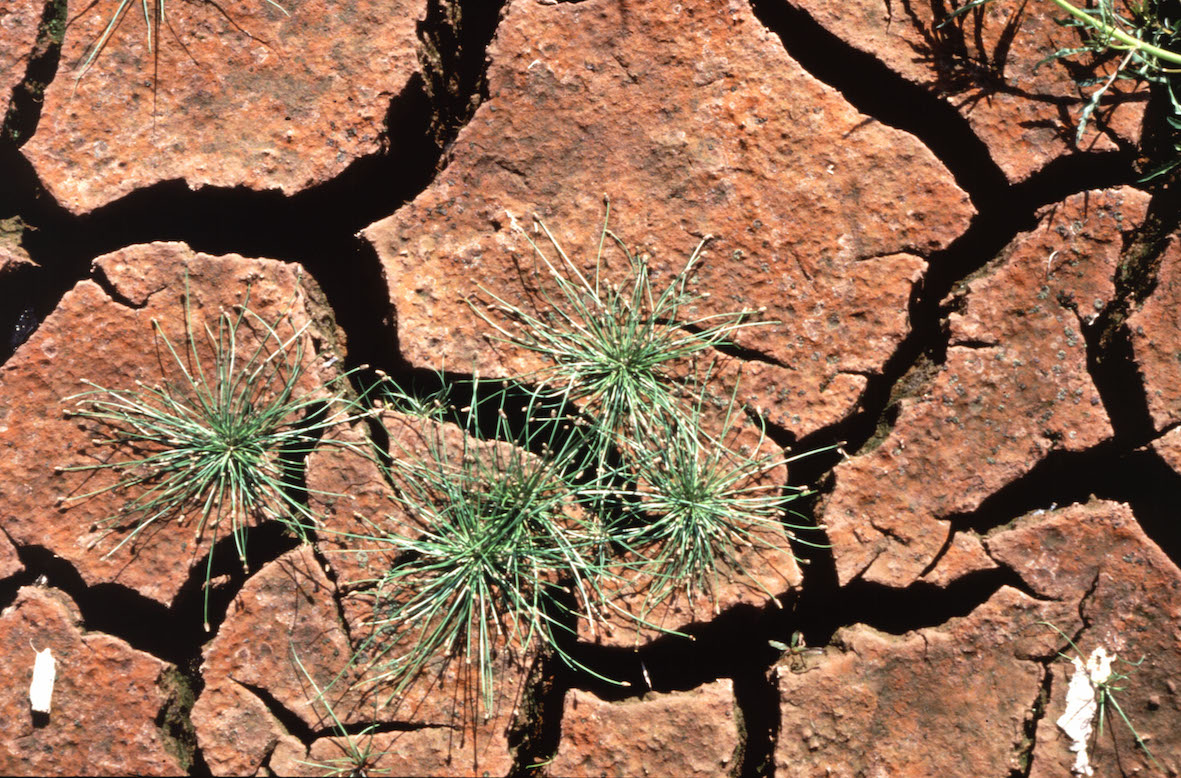Transformative land action critical for sustainable development

Related topics
Climate change, disaster risk reduction and desertificationdate: 21/11/2019
India hosted the 14th Conference of the Parties (COP) to the United Nations Convention to Combat Desertification (UNCCD), a 10-day event attended by 9 000 participants in Delhi in September.
The COP reviewed progress on implementing the Convention’s strategic framework for 2018-2030, agreed in 2017 and with SDG 15.3[1] at its core. Parties agreed on 36 decisions to accelerate action on the ground to ensure that the strategic goals are achieved.
Several decisions were adopted in order to strengthen the integration of the Land Degradation Neutrality (LDN) concept into the Convention’s work. These decisions aim at facilitating scientific and implementation matters for upscaling LDN. LDN is defined as ‘a state whereby the amount and quality of land resources, necessary to support ecosystem functions and services and enhance food security, remains stable or increases within specified temporal and spatial scales and ecosystems’. The concept is already used widely in scientific, technical and policy decisions by the COP and its subsidiary bodies. However, some countries remain resistant to the concept, and upscaling implementation, including by promoting large-scale restoration, and mobilising adequate funding both from public and private sources, remain a challenge.
The role of land degradation as a driver of migration was also discussed. In a decision, countries were urged to implement land restoration agendas as a way to create job opportunities and reduce environmental degradation that drives migration.
The COP also achieved a first-ever decision on the subject of land tenure, which has been a contentious topic. Lack of land tenure and poor land governance must clearly be addressed if the Convention is to achieve its objectives, so a decision in this area was welcome. It notes the FAO Voluntary Guidelines on the Responsible Governance of Tenure of Land, Fisheries and Forests, and highlights principles of non-discrimination, participation, conflict resolution mechanisms and responsible investments.
The COP also agreed to increase action on drought and on sand and dust storms, as well as to step up action on gender equality, among others.
In his conclusions, UNCCD Executive Secretary Ibrahim Thiaw emphasised the following messages:
- Land restoration is the cheapest solution to climate change and biodiversity loss;
- Land restoration makes business sense if regulations and incentives to reward investment are in place;
- Drought preparedness and response are critical in the face of climate change;
- To put people first is to ensure gender balance, engage youth, secure land rights.
Information about the EU’s global action on sustainable land management can be found in this publication: https://ec.europa.eu/europeaid/file/50914/download_en?token=Z6q6wBQE
[1] SDG 15.3: By 2030, combat desertification, restore degraded land and soil, including land affected by desertification, drought and floods, and strive to achieve a land degradation-neutral world
